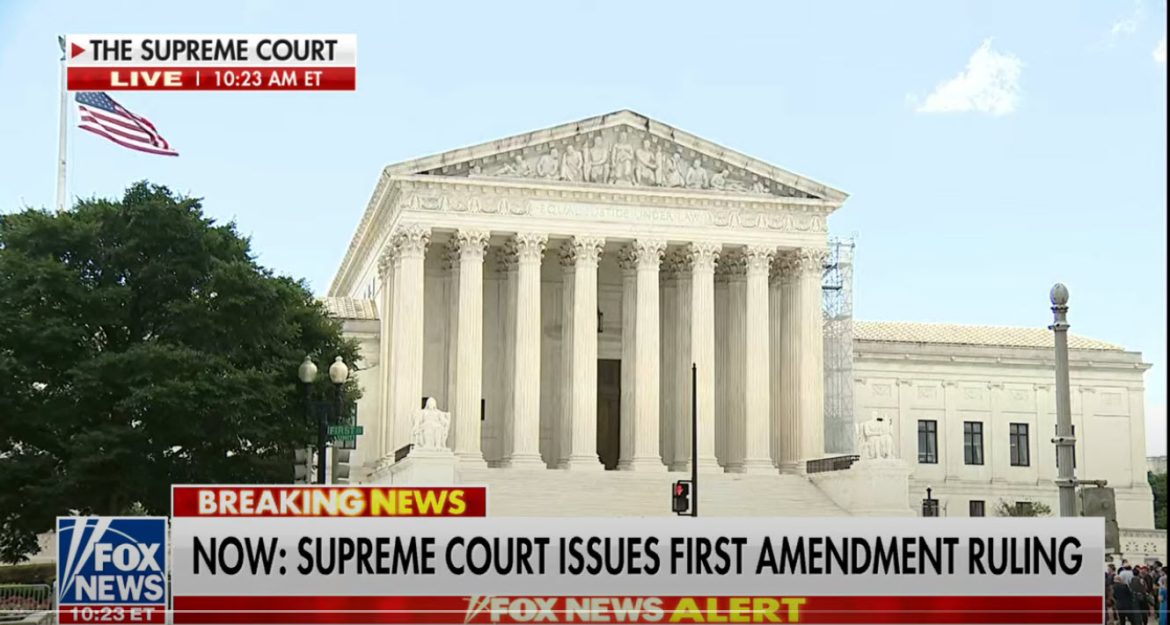The Supreme Court has decided to send a pivotal case concerning social media content moderation back to the lower courts. This decision comes amid ongoing debates about the role of major social media companies like Facebook and TikTok in moderating user content, particularly political posts.
The case stems from Republican-backed laws in Florida and Texas that challenge the ability of social media platforms to block content they deem objectionable. These states argue that such practices amount to censorship and violate the First Amendment’s protections against restrictions on free speech. Florida and Texas seek to classify social media companies similarly to public utilities, which cannot discriminate against users.
However, big tech companies have countered these laws, arguing that they retain the right to moderate content on their platforms. The Supreme Court’s unanimous ruling today indicates that the lower courts did not adequately consider the First Amendment issues at stake, requiring the case to be re-litigated at that level.
David Donmeyer of the advocacy group “Better Tech for Tomorrow” has been vocal about the implications of this ruling. He criticizes the decision, suggesting that it grants too much power to social media giants. Donmeyer argues that due to their pervasive influence, these platforms should be treated like public utilities, ensuring they cannot arbitrarily restrict user content.
The high court’s decision underscores the complex nature of balancing free speech rights with the regulation of digital platforms. While the ruling implies that social media companies are protected by the First Amendment, it leaves the final determination up to the lower courts upon further review.
This development ensures that the debate over online censorship and the role of social media in public discourse will continue, with significant implications for how content is managed on these platforms.



